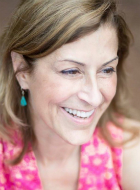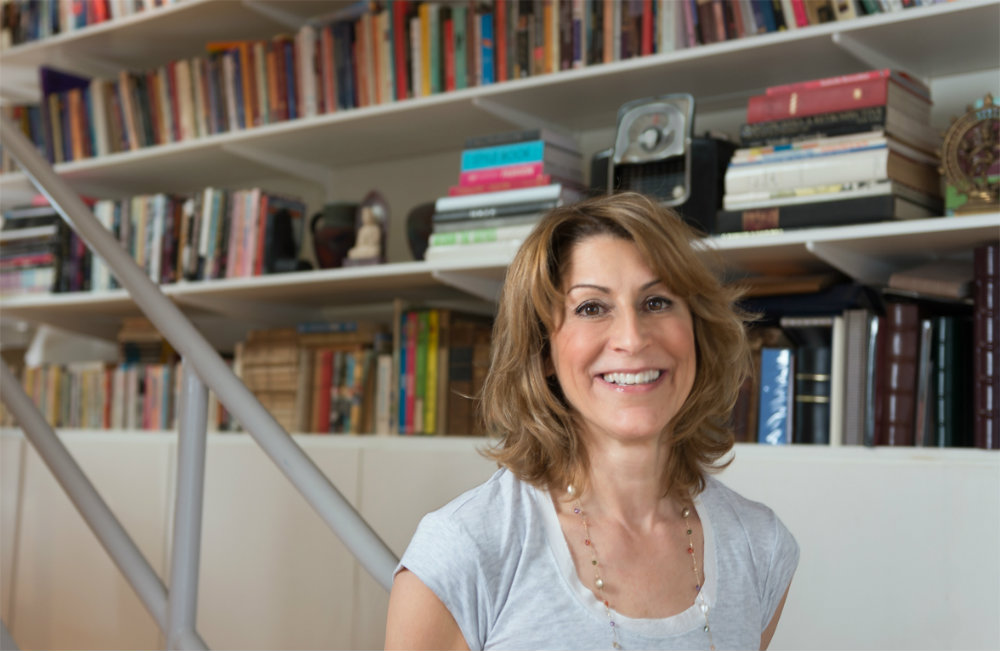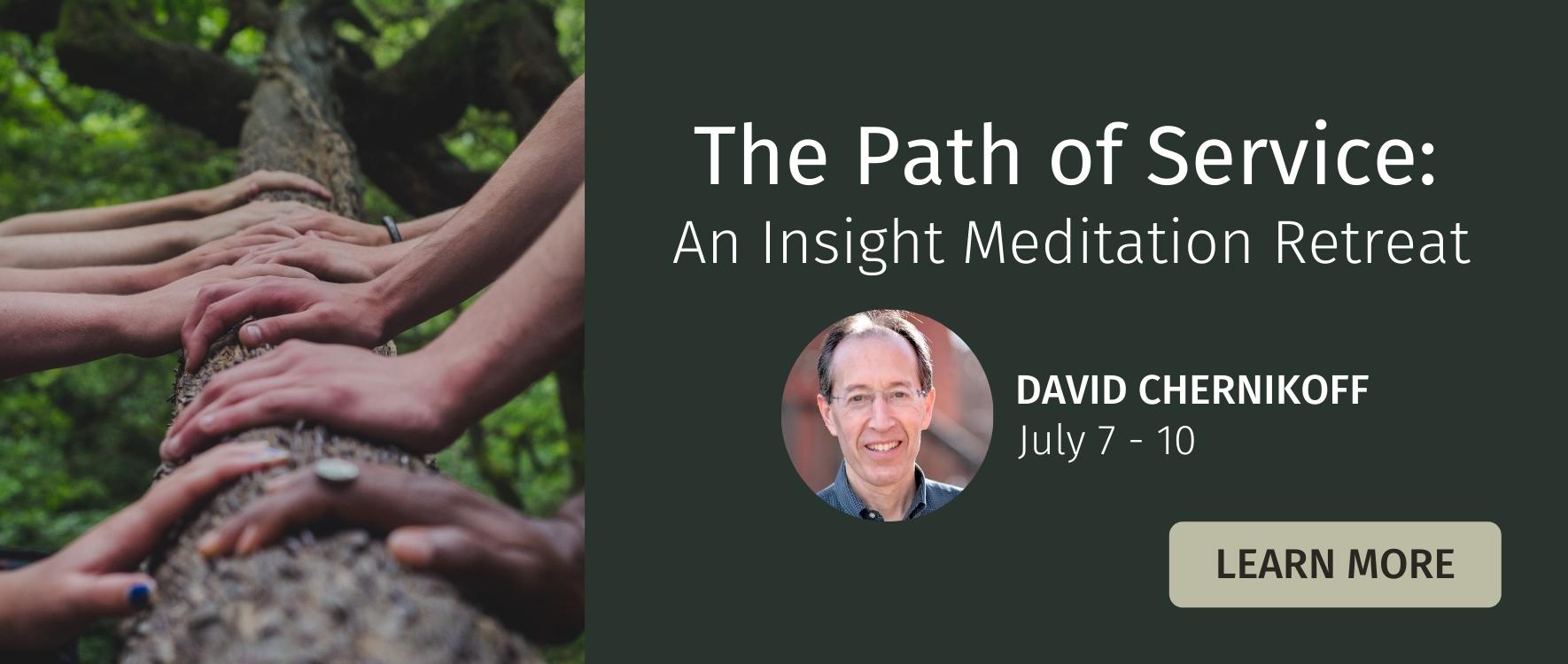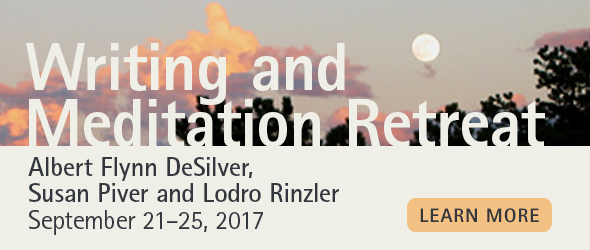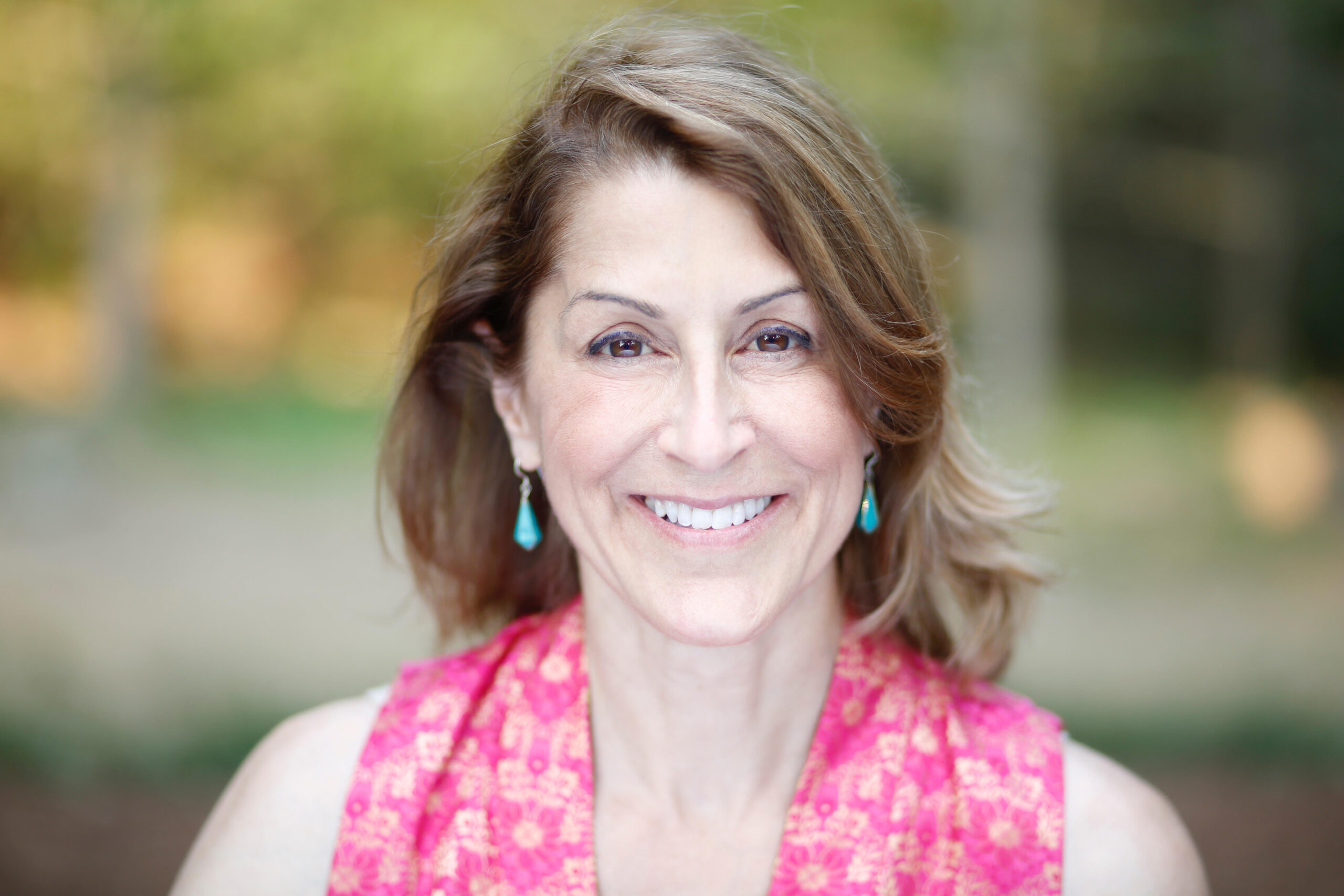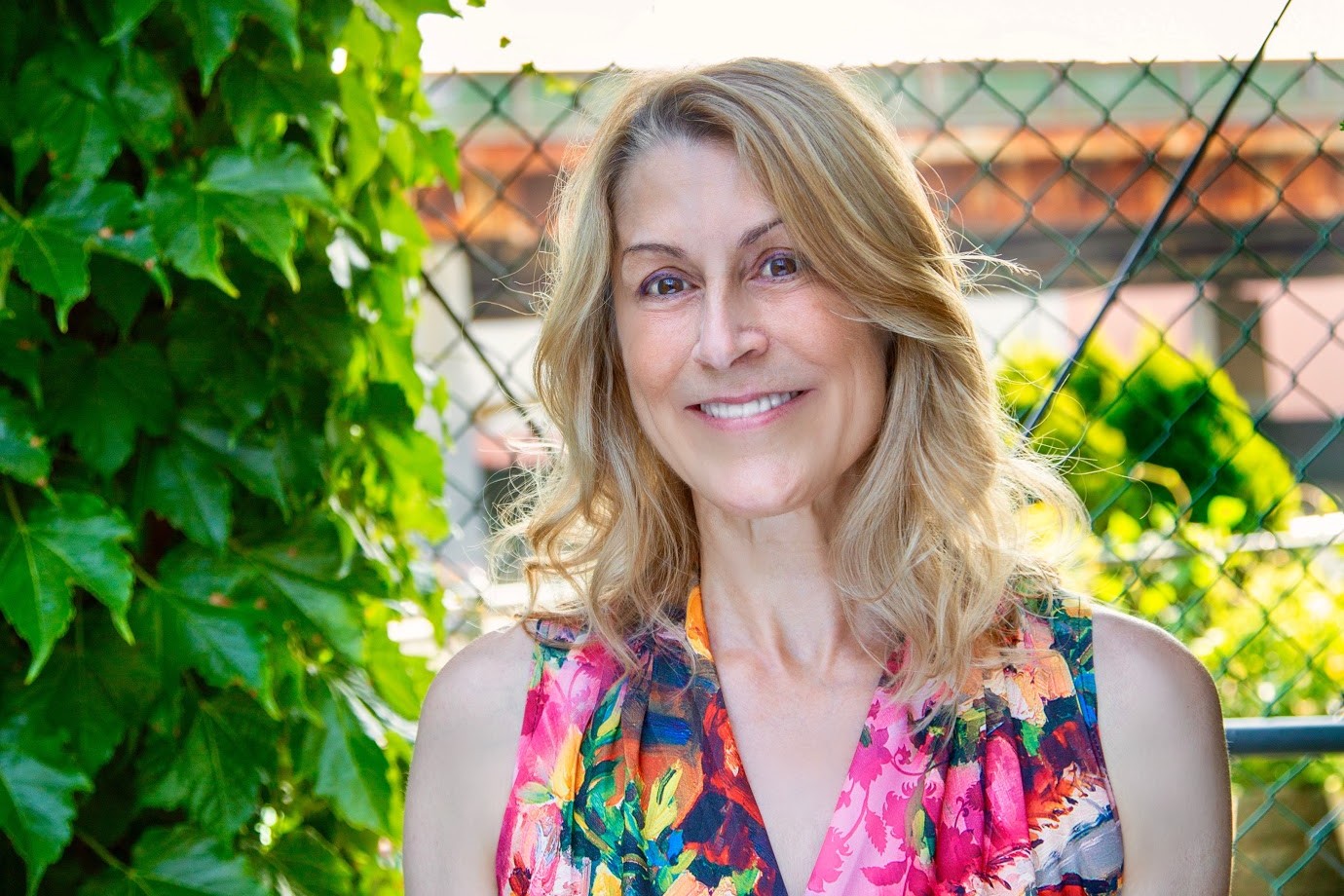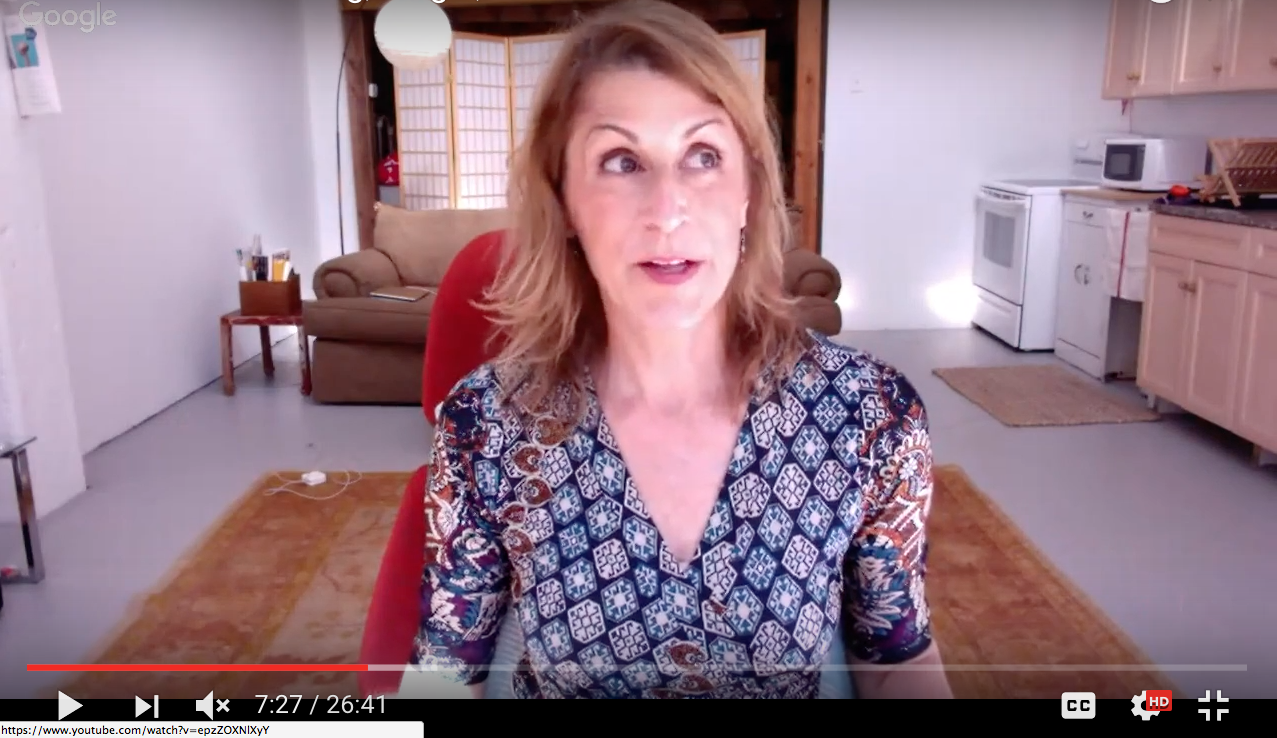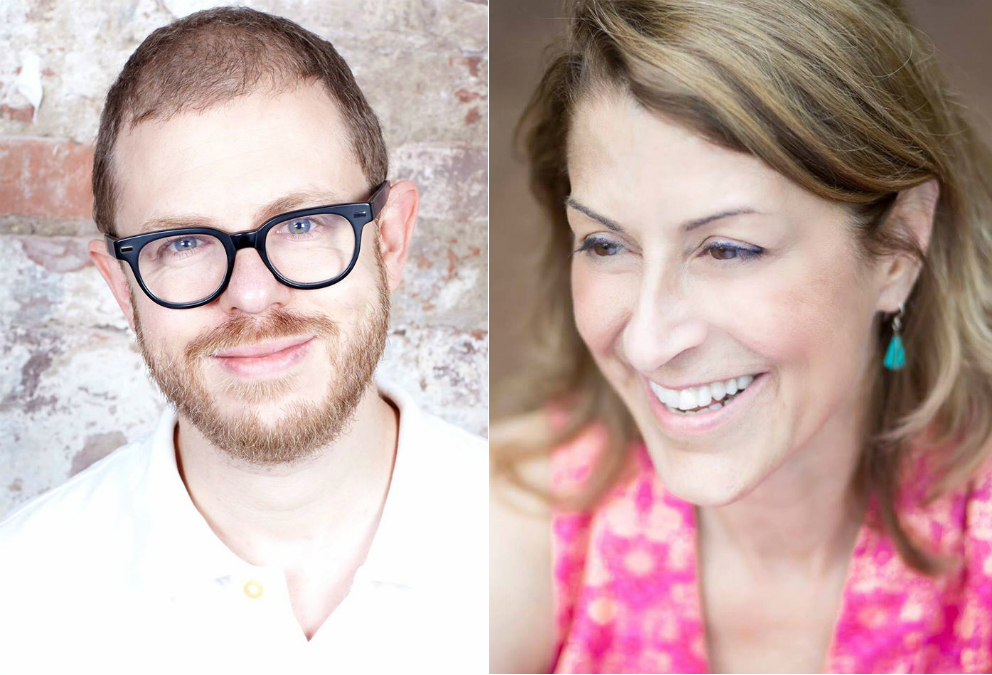On Being a Teacher
By Susan Piver //
I just finished teaching two retreats at Dechen Choling Retreat Center in France, “The Open Heart Retreat” followed by “Fearless Creativity: A Meditation and Writing Retreat.” On the last day of the last program, a student kindly asked what it felt like for me when a retreat was over. Our group was sitting at the breakfast table in the main building, a chateau dating back more than a hundred years. The land was in full June bloom and the only sounds were bird calls. We were so far away from our regular lives, whether in New York, London, Amsterdam, or right down the road in the village and I could feel the glow of retreat all around. There were expressions of appreciation for what we had experienced and also sadness at leaving this place and each other.
“Retreat magic” refers to the feeling one gets after days and days of quieting the mind and turning inward. It is far from sleepy. It is not particularly “relaxing,” rather, it is enlivening, a way of coming back into being. As the mind quiets through meditation and, in our case, a lot of time spent writing, it assumes a different relationship to time. Each day seems endless and when the retreat schedule is carefully followed, one is simply carried off to deeper realms. I say “simply” but I do not mean that it is easy, I mean that it is direct.
As their teacher, I see that the process is happening by the changes in my students’ faces. Brows relax. Eyes soften. Color returns to cheeks and lips are un-pursed. A general air of relaxed wakefulness replaces the rattled vigilance we all enter with. I also know it because of what they say. “I had forgotten who I was.” “I remembered how to find joy.” “I experienced gratitude for my life.” With each passing hour, time goes even slower and the glow deepens. It is wonderful and quite surreal.
Don’t get me wrong, there are also moments, hours, days, even, of sadness, remorse, or great discomfort as forgotten or resisted wounds recall themselves to each student. But somehow — and this is the magic part — the retreat container speeds fruition. They are dancing with a process and it is the dance itself that gives confidence, not any particular resolution.
My work is to create the container where this can all unfold. I author the schedule, set a tone, hold the space of discipline and gentleness, and then, most important, step back while also stepping deeply in. My most important job is to respond to each moment and each student within my own heart. My work is to listen carefully, connect with what I feel, blend it with what they have said and the quality of their presence to offer something useful. To do this, my heart rides on unpredictable winds and thus the primary state for teaching well is vulnerability to one’s students and one’s self. It is very much a discipline.
Throughout, there is no one for me to talk to. (If there are any teachers reading this, I’m sure you understand why I say this and what it feels like.) This loneliness creates an interesting crucible, one which requires further discipline to both maintain and blend in to the environment correctly. It — what I am feeling about myself, them, and the work — cannot be held separate from the work as it is the channel for connection, yet it is almost always a disaster to try to bring it in directly by referencing or explaining my own feelings.
When I taught these same two programs in Dechen Choling last year, I learned while on the train from Paris to Limoges that my sister-in-law had committed suicide. I was a mess, utterly confused. My initial plan was to turn right back around and fly home but for a variety of reasons, I stayed.
If I had said anything about this to my students, the wrong tone would have been set. However, it was impossible for me to set it aside. In between our sessions, I was on Skype with my brother, his son, my mother, my sister, my husband, trying to stay connected and be there in whatever way I could for them and also for myself, to begin in some way to process this horrible event. In the retreat sessions, I suppose I tried to rely on my wrenched-open heart to bring benefit to the students and healing to myself. Much of it is a blur.
This year, there was no such tragedy, thank goodness. Still, the moment I walked into my room (the same one I had stayed in last year), it all came rushing back, all the crying and anger, the heartbroken conversations with my nephew and brother, the words of strength and courage from my mother, sister, and husband and all the strange bulletins regarding the details and decisions being made. Too, it was days before the anniversary of my father’s death and I was filled with sorrow. I had brought a photograph of him to create a little shrine in my room to practice for and with him, to honor him and our relationship. It was March and the air was cold. Out the window behind my little shrine, the sunrise mixed with mist. Ghostly, ghostly, everywhere I looked. My main recollection is of staring at his photo and sobbing. Perhaps not the most helpful practice, but the only one I seemed capable of.
The programs seemed to go well, although, really, the teacher is the last person to know for sure. (Other teachers: right?!) Nonetheless, I felt that I had done my job. I had many intimate conversations in an atmosphere of love. I saw that the students had entered into the process wholeheartedly and, at least according to those who talked to me, benefitted. Many kind things were said to me and I saw a lot of love in people’s eyes toward me.
The truth is, all of this love confused me.
On one hand, the main hand, it is wonderful. Who does not long to hear words of appreciation and, beyond hearing them, see and feel them in such dear and beautiful faces? On the other, it traps me into shifting my lifelong view of myself as one who is impossible to love.
In my life, I have had the experience of hearing that I was loved but not particularly feeling it. It was spoken more than it was demonstrated. I’m just not sure how or where to place it in the inner environment. Is it true? Is it truly about me? I hear it as something felt by the one who loves but having little or nothing to do with that love’s professed object, in this case, myself. That is how I am built. The more love is expressed, the more confusing it is, and the more separated I feel from the entire experience. Instead of feeling close to the person, I feel distant and a schism is re-awoken. It is a kind of trauma. My instinctive reaction to an expression of love is to steal it like snatching a cookie off the table before it has cooled and stuff it in my mouth while it singes my tongue. I feel much more comfortable hiding from love. I feel so at ease with the assumption that no one will actually see me and, if they do, will misinterpret me to the extent that my solitude will remain protected.
Also, just as for everyone, at the end of a retreat my emotions are raw and my reactions hard to predict. At one point in the first program (the Open Heart Retreat), a participant expressed great distaste for one of the exercises I had asked everyone to do. He said he hated it and even hated me a little bit for asking. Instead of saying all of this from his seat, he got up in front of the room (about 40 people) to express himself. I knew that malice toward me was not his point and that he was expressing what the exercise brought up in him. He fully acknowledged that anger was his problematic default response to emotional discomfort. Still, it was a bit of a shocking moment. He hated what I had asked of him? He even hated me a little? There was a silence and then others spoke up to express that they had found the exercise valuable or to assure him that he should feel comfortable expressing what he felt and that he was appreciated for taking the risk. I agreed! However, I was crumbling on the inside. His words hurt me and I could feel waves of shame begin to roil. I heard a cacophony of voices within, rushing to my defense. Arguing with him. Dismissing him. Seeking to categorize him as fearful and small-minded while at the same exact moment seeing that this was 100% true of myself. I was afraid and my mind was shrinking from him and from the room. I wanted to cry.
Luckily, the lunch break came soon after and I made it to my room before bursting into tears. I cried for a long time. Each time I thought the bout was over, it came back. I was a bad teacher, stupid. Who was I kidding? I felt weak and small. Everything I was sad about in my whole life began to pile on. My dad died. I miss my husband. I have not accomplished my goals in life. I hate the food here. I want a decent cup of tea, is that too much to fucking ask. No one is thinking about me. My self-absorption has no end and I will never become enlightened. And on and on. Until I stopped. It was quite a messy display and I hated and enjoyed it in equal measure.
So, on the final morning when this particular (and lovely) student asked me how I felt, all of this arose in a jumble along with the knowledge that to answer such a question is tricky. There is an important non-parity between student and teacher. It has nothing to do with superior/inferior or enlightened/unenlightened, obviously. I am absolutely no different than any of them. However, for various reasons (and because I had prepared for it due to karma and other mysteries), at this moment and for these people, I happened to hold the seat of teacher. (To teach well, I have learned, it is important to continually acknowledge this mystery to oneself and appreciate it. Forgetting it creates confusion, which is the opposite of what teachers are supposed to do.) If I attempt to bring someone into my experience, problems arise. If for some reason a student tries to enter my experience, this too signals a problem and is to be assiduously avoided. So it is strange. I am right here with you and also completely alone, I wanted to say.
That is how it feels to me when retreat is over. I’m not sure what I actually did say, but so I say now.
Note: this essay was originally published on susanpiver.com in 2015.
About the Author
